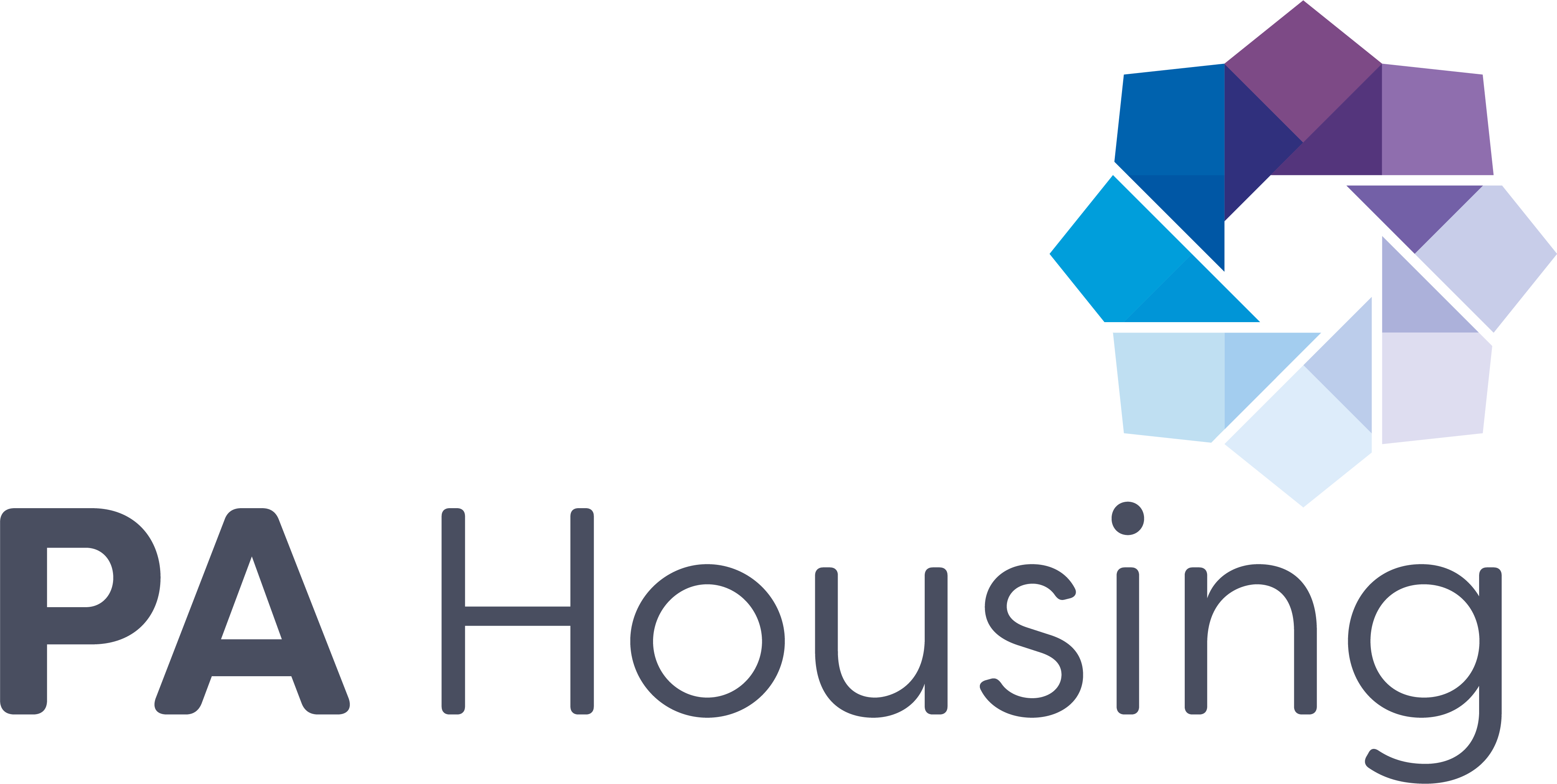If you have urgent concerns for an individual's wellbeing, please call 999.
What is mental health?
Mental health is a state of mental wellbeing that enables people to cope with the stresses of life, realise their abilities, learn well and work well, and contribute to their community. It is an integral component of health and wellbeing that underpins our individual and collective abilities to make decisions, build relationships and shape the world we live in.
Poor mental health conditions include mental disorders and psychosocial disabilities as well as other mental states associated with significant distress, impairment in functioning, or risk of self-harm. People with mental health conditions are more likely to experience lower levels of mental wellbeing, but this is not always or necessarily the case.
Some signs that someone is experiencing mental health issues could be:
- Change in dietary patterns, such as eating too much or too little
- They may become more irritable
- Becoming more anxious about little things
- A change in their sleeping patterns, such as sleeping too much or not at all
- Have trouble remembering simple things
- Detaching themselves from people and limiting social contact
- Suicidal thoughts and tendencies
- Inflicting self-harm or fantasising about inflicting injuries on themselves
- Mood changes

How to approach an individual with mental health issues.
Some individuals may not acknowledge that they are experiencing mental health issues, and a gentle approach is required in these situations. Consider how you would like to be approached and be understanding and considerate of their situation. Do not be aggressive towards the individual, and do not argue or minimalise their concerns. Instead, listen to what they have to say and acknowledge their concerns. Get support from MindGetting the appropriate help
Encourage them to contact their GP, and they can refer you to relevant professionals.
LGBTQ+ Mental health charity
MindOut Lesbian, Gay, Bisexual, Trans & Queer Mental Health Service
Mind OutTrans mental health support
Gendered Intelligence is a trans-led and trans-involving charity that works to increase understandings of gender diversity and improve the lives of trans people.
Gendered IntelligenceWomen's mental health
WISH is a user-led women’s mental health charity developing pioneering support services for under-served women and campaigning together for social justice.
Women At WishMale mental health
Find reliable, expert information on mental health & suicide prevention to help men cope and live happier, healthier, longer lives.
Movember
Childline mental health
It's a free service run by your local NHS and is made up of medical and mental health professionals. Struggling with your mental health can be tough and you don't have to do it alone. CAMHS can help if you're experiencing depression, eating problems, self-harm or other mental health issues. Childline CAMHS SupportSubstance Abuse
Substance abuse can be a sign of underlying issues, such as mental health problems or trauma.
Many people that develop substance dependency have an issue with coping with traumatic events, and others may start to take substances recreationally. Without realising, they become dependent and crave the substance.
What are the signs of substance abuse?
Some signs that an individual has a substance abuse problem can be, but are not limited to;
- Continuing to take a drug, even if they no longer have a medical need for it
- Spending a lot of time talking about substances or their need for them
- A decline in interest in other things
- An inclination to petty crime, such as theft
- Constant borrowing of funds to pay for substances
- A personality change






